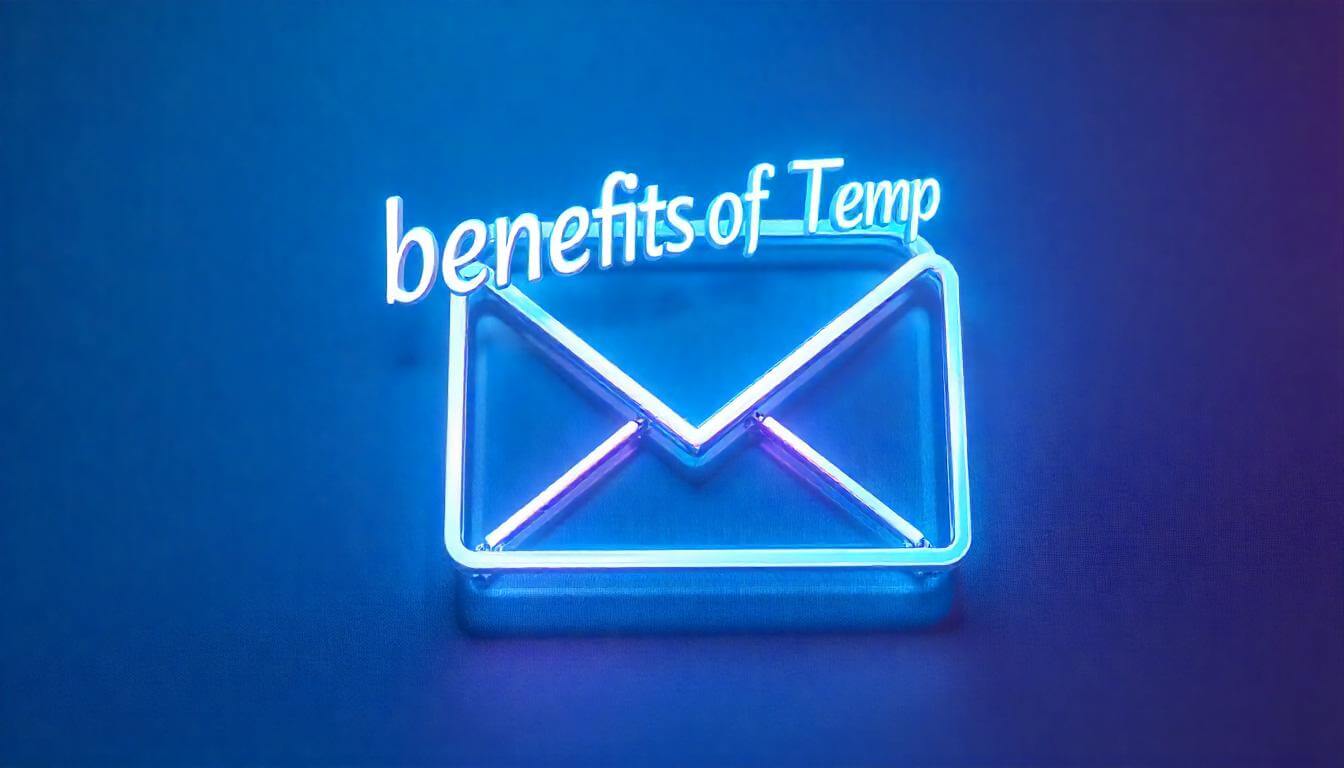In today's digital landscape, privacy and security are paramount. With the rise of cyber threats, data breaches, and spam emails flooding inboxes, individuals and businesses alike are seeking smarter ways to protect their personal information. Temporary emails, also known as disposable email addresses, have emerged as a game-changer in maintaining privacy and reducing spam. But what makes them so essential in our tech-driven lives? Let’s explore.
What Are Temporary Emails?
Temporary emails are short-lived email accounts designed for temporary use. Unlike traditional email services such as Gmail or Yahoo, these addresses are not tied to your identity and usually expire after a set time, ranging from a few minutes to several hours. Services like 10 Minute Mail, Teminbox, and 1secmail provide these disposable email solutions for free.
The Rise of Spam Emails: A Growing Concern
Every day, millions of spam emails are sent, clogging inboxes and exposing users to risks like phishing scams and malware attacks. A report by Statista shows that spam accounts for over 45% of global email traffic, making it one of the biggest nuisances in modern communication.
How Spam Emails Affect Users:
- Loss of Productivity: Sifting through spam emails wastes valuable time.
- Privacy Risks: Cybercriminals use spam to steal personal data or financial details.
- Device Vulnerabilities: Clicking on malicious links can lead to malware infections.
With these risks in mind, the need for secure email practices has never been greater. This is where temporary emails come to the rescue.
Why Temporary Emails Are Essential
1. Protecting Your Privacy
When signing up for online services or downloading content, websites often require email verification. By using a disposable email address, you avoid sharing your personal email, reducing the risk of data breaches or identity theft.
2. Avoiding Spam
Temporary emails act as a buffer between you and unwanted marketing emails. Once the email's purpose is served, it expires, leaving spammers with no way to reach you.
3. Safer Online Shopping
Online shopping platforms often bombard users with promotional emails post-purchase. A disposable email ensures you enjoy your shopping experience without committing your inbox to a deluge of ads.
4. Preventing Phishing Attacks
Phishing emails attempt to deceive users into revealing sensitive information. Since temporary emails are not linked to personal accounts, they render such attacks ineffective.
5. Convenience and Speed
Creating a traditional email account takes time and effort. Temporary emails, on the other hand, are generated instantly and require no personal information, making them ideal for quick tasks.
Practical Uses of Temporary Emails
1. Signing Up for Free Trials
Many services offer free trials but require email registration. By using a temporary email, you can explore these services without the risk of future spam.
2. Protecting Your Work-Life Balance
If you’re managing multiple projects or freelancing, keeping your personal and professional email separate is crucial. A temporary email can serve as a temporary communication tool for specific projects.
3. Participating in Online Surveys or Contests
Surveys and contests are notorious for sharing user data with advertisers. With a disposable email, you can participate without worrying about your inbox being flooded with promotions.
4. Testing and Debugging
Developers often need dummy email accounts for testing software or applications. Temporary emails are a quick and effective solution.
Common Misconceptions About Temporary Emails
Despite their many benefits, some people hesitate to use temporary emails due to myths and misconceptions. Let’s debunk a few:
1. They Are Illegal
Temporary emails are completely legal and are widely used by individuals and businesses to protect their privacy.
2. They Are Unreliable
Reputable services like Teminbox and 1secmail ensure that users receive emails promptly and without issues.
3. They Are Only for Spam
While spam prevention is a major use case, temporary emails have numerous legitimate applications, as discussed earlier.
Choosing the Right Temporary Email Service
Not all disposable email providers are created equal. Here’s what to look for in a service:
- User-Friendliness: The interface should be intuitive and easy to use.
- Security Features: Look for services that prioritize data encryption and don’t store user information.
- Custom Domains: Some providers allow users to create custom email addresses for added flexibility.
- Duration Options: Choose a service that offers adjustable expiration times.
Popular providers include:
- Teminbox
- 10 Minute Mail
- 1secmail
- Trash Mail
Limitations of Temporary Emails
While temporary emails are incredibly useful, they are not without limitations:
- Lack of Long-Term Use: Since these emails expire, they’re unsuitable for long-term communication.
- Not Accepted Everywhere: Some websites recognize and block disposable email addresses.
- No Recovery Options: If you lose access to a temporary email, there’s no way to retrieve it or its contents.
Temporary Emails vs. Traditional Emails
| Feature | Temporary Emails | Traditional Emails |
|---|---|---|
| Privacy | High | Moderate |
| Spam Protection | Excellent | Low |
| Ease of Use | Instant setup | Time-consuming setup |
| Long-Term Use | No | Yes |
| Cost | Free | Free/Paid |
Tips for Using Temporary Emails Effectively
- Check Expiration Time: Be aware of when the email will expire to avoid losing important messages.
- Avoid Sensitive Information: Do not use temporary emails for banking or critical services.
- Backup Messages: If the email contains important information, save it before the address expires.
The Future of Temporary Emails
As online privacy concerns grow, the demand for temporary email services is expected to rise. Innovations like AI-powered spam detection and customizable expiration times are likely to enhance these services, making them even more user-friendly and secure.
Final Thoughts
In a world where data privacy is under constant threat, temporary emails offer a simple yet powerful solution. They safeguard your inbox from spam, protect your personal information, and provide a hassle-free way to interact with the digital world. Whether you’re signing up for a free trial, shopping online, or just testing an application, temporary emails are an essential tool for maintaining privacy and security.
By adopting temporary emails in your daily digital interactions, you not only protect yourself from potential risks but also take a step towards a safer, spam-free online experience.




